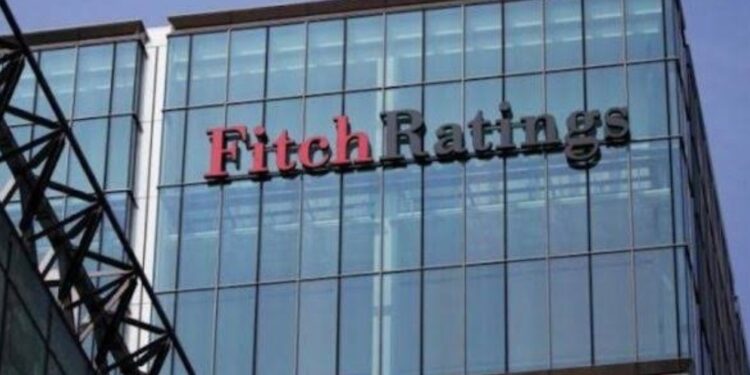Fitch Ratings has upgraded Nigeria’s credit rating to B, but it is still classified as speculative-grade.
The Central Bank of Nigeria (CBN) reported a $6.83 billion Balance of Payments (BOP) surplus for the 2024 fiscal year earlier this week.
The decision to upgrade the country’s status was due to improved policy credibility and lower short-term risks to economic stability.
Nigeria’s budget is currently facing difficulties as a result of this rating upgrade. Nigeria’s economy depends heavily
on oil, which accounts for roughly 50% of federal budget financing and the majority of its foreign exchange revenues. Therefore, the recent decline in oil prices is alarming.
“The upgrade reflects increased confidence in the government’s broad commitment to policy reforms implemented
since its move to orthodox economic policies in June 2023, including exchange rate liberalisation, monetary policy
tightening and steps to end deficit monetisation and remove fuel subsidies,” Fitch said in a statement Friday.
You may also like: OPay, Moniepoint, other Fintech Platforms to Resume Operations “in a few months” – Central Bank of Nigeria
While maintaining its long-term foreign currency debt rating at B-, Fitch upgraded its outlook for Africa’s biggest oil
producer from stable to positive back in May. A B rating is still classified as “below investment grade and highly
speculative”, even though it is better than it was previously.
Significant policy changes have been implemented by President Bola Tinubu, such as the elimination of fuel subsidies
and the expansion of commerce in Nigeria’s currency. Although the World Bank and other international organisations
hailed these reforms, Nigerians have suffered greatly as a result of the rapid increase in inflation.
The Central Bank of Nigeria (CBN) earlier announcement a Balance of Payments (BOP) surplus marks a decisive
turnaround from deficits of $3.34 billion in 2023 and $3.32 billion in 2022.
A statement released by the apex bank on Wednesday said the improvement reflects the impact of wide-ranging macroeconomic reforms, stronger trade performance, and renewed investor confidence in Nigeria’s economy.
































